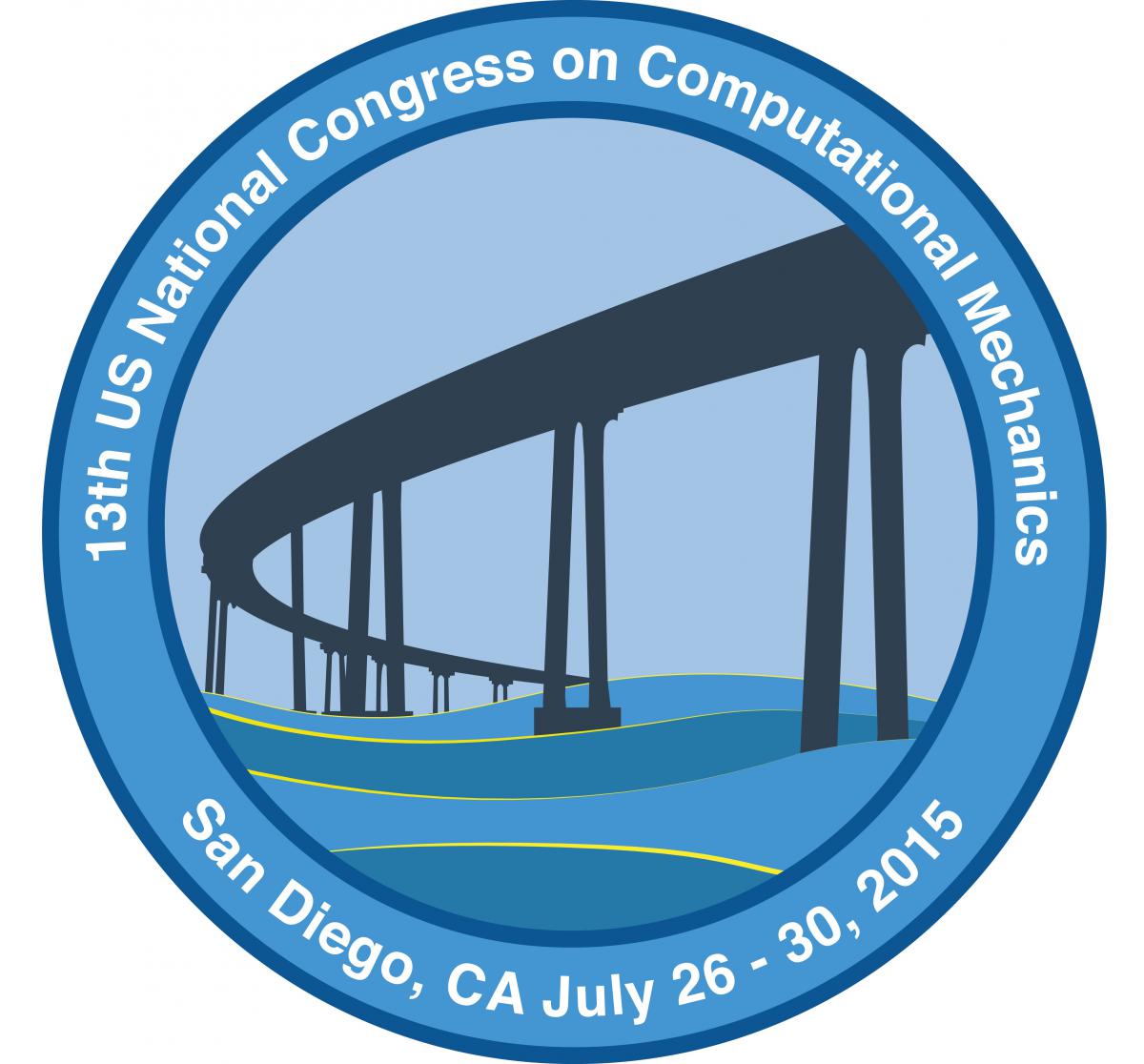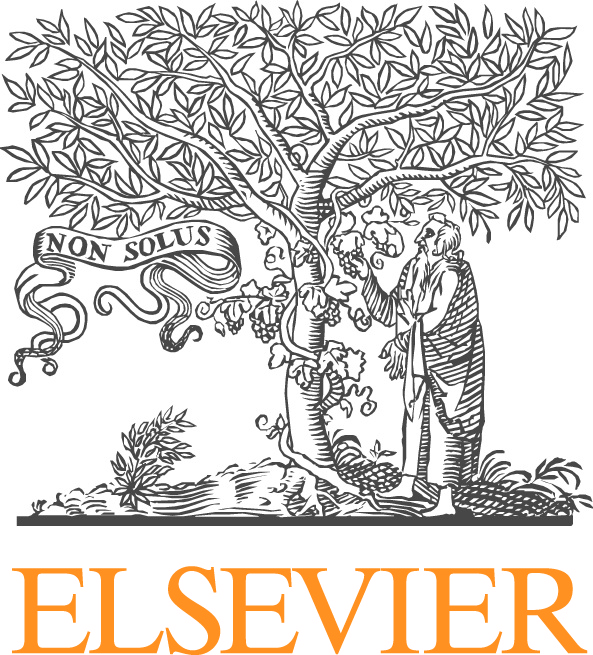Uncertainty Quantification Methods for Complex Mechanics Models
Uncertainty quantification (UQ) is essential for assessing the predictive capabilities of complex computer simulations. UQ provides metrics to study the relationship between imprecisely prescribed model inputs and the model’s predictions. A model with quantified uncertainty produces not a single prediction but a set of possible predictions with associated probabilities, where each prediction in the set corresponds to a feasible model input.
If running the simulation is expensive for a given input, then evaluating all feasible model inputs is impractical---particularly when the number of parameters describing the inputs is large. The effort needed to exhaustively explore high-dimensional spaces scales exponentially with the dimension (i.e., the number of input parameters). One workaround is to identify exploitable structure---such as smoothness, sparsity, or convexity---that enables efficient characterization of the relationship between inputs and predictions.
Participants in this minisymposium will present state-of-the-art algorithms for quantifying uncertainty in complex simulations. We will address challenges from expensive simulations with sophisticated techniques in surrogate and reduced order modeling. We will propose novel methods for constructing response surfaces in high dimensions by exploiting structure in the map from inputs to predictions. We will also apply these techniques to complex computational mechanics models to demonstrate the viability and value of uncertainty quantification for real-world problems.





